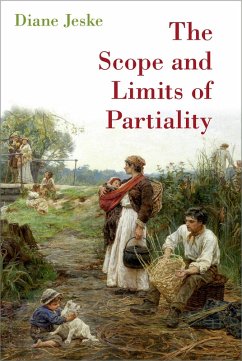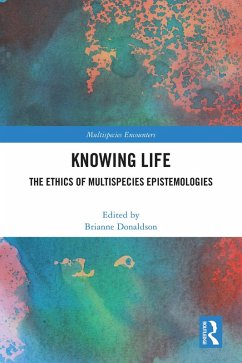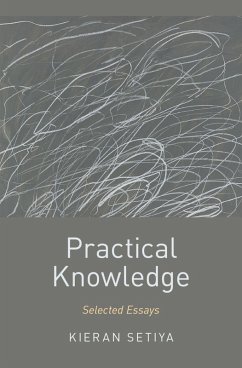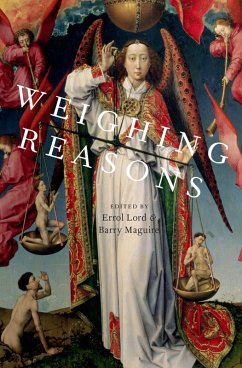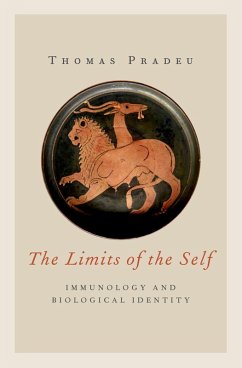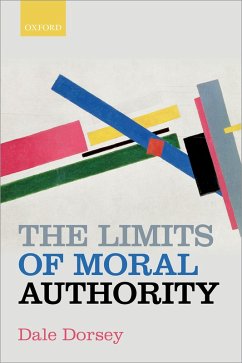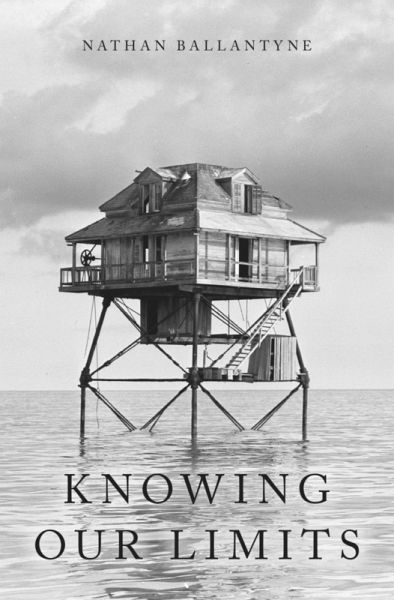
Knowing Our Limits (eBook, PDF)
Versandkostenfrei!
Sofort per Download lieferbar
18,95 €
inkl. MwSt.
Weitere Ausgaben:

PAYBACK Punkte
9 °P sammeln!
Changing our minds isn't easy. Even when we recognize our views are disputed by intelligent and informed people, we rarely doubt our rightness. Why is this so? How can we become more open-minded, putting ourselves in a better position to tolerate conflict, advance collective inquiry, and learn from differing perspectives in a complex world? Nathan Ballantyne defends the indispensable role of epistemology in tackling these issues. For early modern philosophers, the point of reflecting on inquiry was to understand how our beliefs are often distorted by prejudice and self-interest, and to improve...
Changing our minds isn't easy. Even when we recognize our views are disputed by intelligent and informed people, we rarely doubt our rightness. Why is this so? How can we become more open-minded, putting ourselves in a better position to tolerate conflict, advance collective inquiry, and learn from differing perspectives in a complex world? Nathan Ballantyne defends the indispensable role of epistemology in tackling these issues. For early modern philosophers, the point of reflecting on inquiry was to understand how our beliefs are often distorted by prejudice and self-interest, and to improve the foundations of human knowledge. Ballantyne seeks to recover and modernize this classical tradition by vigorously defending an interdisciplinary approach to epistemology, blending philosophical theorizing with insights from the social and cognitive sciences. Many of us need tools to help us think more circumspectly about our controversial views. Ballantyne develops a method for distinguishing between our reasonable and unreasonable opinions, in light of evidence about bias, information overload, and rival experts. This method guides us to greater intellectual openness--in the spirit of skeptics from Socrates to Montaigne to Bertrand Russell--making us more inclined to admit that sometimes we don't have the right answers. With vibrant prose and fascinating examples from science and history, Ballantyne shows how epistemology can help us know our limits.
Dieser Download kann aus rechtlichen Gründen nur mit Rechnungsadresse in A, B, BG, CY, CZ, D, DK, EW, E, FIN, F, GR, HR, H, IRL, I, LT, L, LR, M, NL, PL, P, R, S, SLO, SK ausgeliefert werden.




